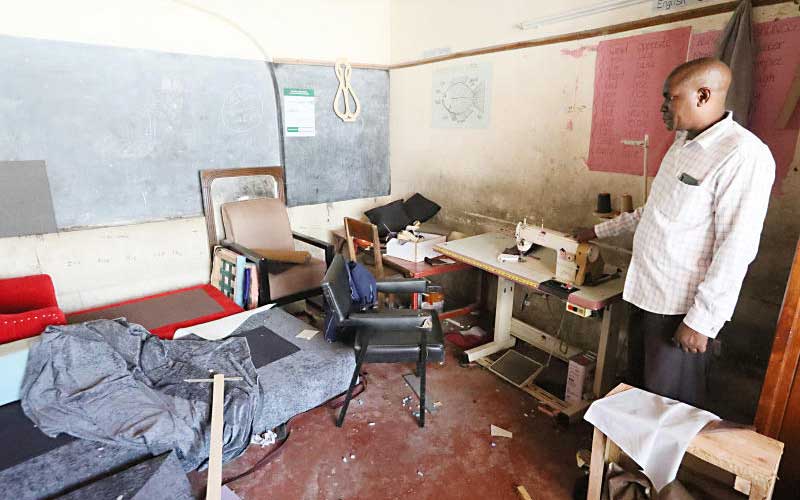×
The Standard e-Paper
Fearless, Trusted News

New Shamy School in Mombasa whose proprietor Shadrack Atick turned into a carpentry workshop since March. [Omondi Onyango, Standard]
Education stakeholders have called for more time to prepare adequately for schools reopening.